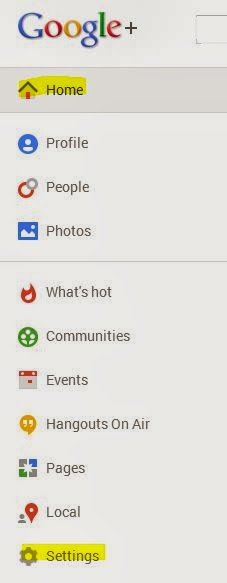 This morning I decided to take a shot at a new certification offered by VMware. The VMware Certified Associate - Data Center Virtualization or VCA-DCV. Initially I was informed about this new offering through my instructor and vExpert +Brian Kirsch. I was immediately interested in attempting the exam for a few reasons. One, it wouldn't hurt to get an early introduction to VMware (I begin my IT program's VCP course next semester), and two, it can be taken for free for a limited time (with a promo code that ends September 30th). A new certification under my belt and I don't have to pay for it; I'm in! Oh yeah, and I passed the exam!
This morning I decided to take a shot at a new certification offered by VMware. The VMware Certified Associate - Data Center Virtualization or VCA-DCV. Initially I was informed about this new offering through my instructor and vExpert +Brian Kirsch. I was immediately interested in attempting the exam for a few reasons. One, it wouldn't hurt to get an early introduction to VMware (I begin my IT program's VCP course next semester), and two, it can be taken for free for a limited time (with a promo code that ends September 30th). A new certification under my belt and I don't have to pay for it; I'm in! Oh yeah, and I passed the exam!To give you an idea of my experience with virtualization, I am very new to VMware; very new! As I stated before I won't even be taking my school's VMware course until next semester. I am a full time student and have never actually worked with vSphere at an enterprise level. I have, however, been encouraged to take an early interest in my spare time via my instructors and plain old common sense. I've been putzing around with installing ESXi and vCenter via VMware Workstation. So I am at least competent in the subject of virtualization. So if you are in the same boat as me, experience-wise, and are interested in taking the exam, here's my thought and advice:
Thought Alpha
There is a 2.5 hour free training course that is offered to get you started. It's great, watch it. I watched it twice. What you really want to do is become comfortable with identifying the various vSphere products and how they apply to business challenges.
Thought Beta
Take notes. Probably the most important thing you could do. It's easy to get AS or acronym shock by all the vThis and vThat. Taking notes will help you reference the different tools and what they do.
Thought Gamma
If you are a true vNoob the 2.5 hour training video WILL NOT teach you enough to pass the course. It may or may not hint at a few subjects that should be explored further. These subjects will come up in the
test. The best way to know some of the "extras" you'll need to know is consult the VCA-DCV Exam Blueprint. There are things you'll notice are on it that weren't covered in the videos. The video will give you maybe 60% of what will be asked on the exam. The other 40%, however, is not covered and if you go into the exam without checking the blueprint for what else will be on it, it will not end well for you.
Thought Delta
Pay very close attention to the wording of the questions. A lot of what this exam tries to gauge is your competency on solving challenges with vSphere in a virtualized data center environment. This will require you to think outside the box. There may be more than one answer that seems correct, but the question may have asked you about something more specific than that at first glance.
Passing score is a 300+ and you are given 75 minutes to complete the test. The real key is to do the extra studying from the blueprint. Those questions will come up and they will be a curve ball if you aren't ready for them. That was my experience on taking and passing the VCA-DCV. Good luck out there!












